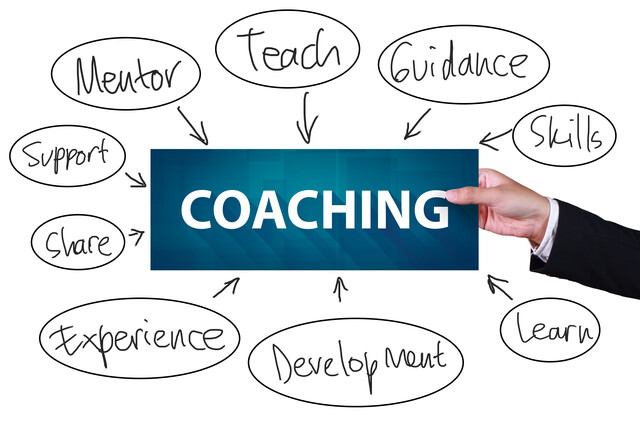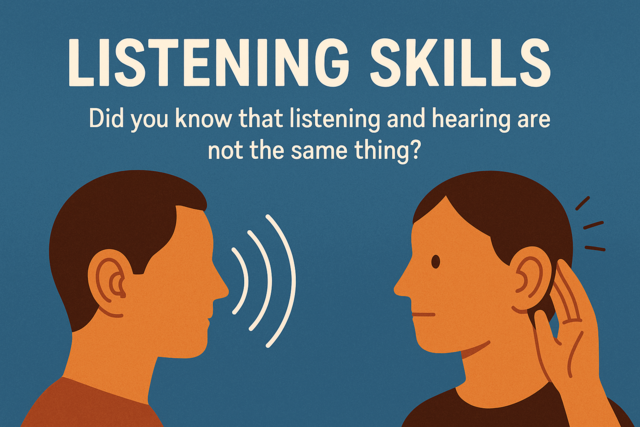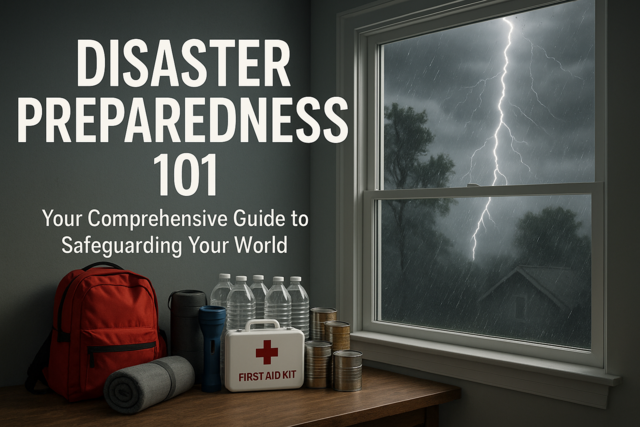Critical Thinking Skills
Empower Your Mind, Elevate Your Decisions

5 Hours average completion time
0.5 CEUs
12 Lessons
11 Exams & Assignments
65 Discussions
12 Videos
24 Reference Files
84 Articles
Mobile Friendly
Last Updated January 2026
Unlocking the Power of the Mind: Navigating Critical & Creative Thought
The realm of thought is vast, complex, and intriguing. Each one of us has the inherent capacity to think, yet the quality and depth of our thoughts can vary immensely. Welcome to our course, where we delve into the intricate dance between critical and creative thinking, setting the stage for you to elevate your cognitive prowess and harness the full potential of your mind.
Dive Deep into Thought Patterns:
Our journey begins with understanding the core of critical thinking -- a process that demands clarity, depth, logic, and precision. Imagine weaving through patterns of information, seamlessly connecting them, to either solve intricate puzzles, decipher complex concepts, or birth innovative ideas. By probing the foundations of viewpoints, the biases and data that shape them, we illuminate the path to rational, informed decision-making.
The Dual Faces of Thought:
While individual thinking offers introspection and personal insight, group-based thinking harnesses collective intelligence. Both come with their unique advantages and challenges. Through engaging modules, discover how to extract value from both paradigms while navigating their potential pitfalls. Moreover, our sessions on strategic and scenario planning arm you with tools to forecast, strategize, and create future roadmaps.
Fostering Creativity:
Creativity isn't just about art or innovation. It's about envisioning possibilities, connecting disparate dots, and curating solutions. Learn what fuels creativity, the wonders it can weave, and practical strategies to nurture it within you.
The Pitfalls of Modern Education:
While modern education has empowered us with vast knowledge, there's a missing piece -- the art of critical thinking. Traditional schooling often emphasizes memorization over true understanding, leaving us ill-equipped to apply knowledge pragmatically. Our course seeks to bridge this gap, introducing you to techniques that move beyond rote learning to stimulate analytical and logical reasoning.
Why This Course Matters:
In today's world, where misinformation can spread rapidly and decisions carry significant consequences, critical thinking is not just a skill -- it's a necessity. It's what differentiates a passive receiver of information from an active, discerning participant in discourse. Whether you aim to enhance personal decision-making, elevate your professional contributions, or emerge as a more dynamic leader, mastering critical thinking is pivotal.
To draw from an analogy, possessing knowledge without the ability to critically assess it is akin to owning a treasure chest but lacking the key to unlock it. Knowledge becomes transformative only when paired with astute thought processes.
Your Gateway to Advanced Thought:
While this course establishes a robust foundation in critical and creative thinking, it's also your springboard to more advanced explorations. It's crafted for beginners, ensuring they're well-equipped to delve into more profound literature and courses in the future.
In essence, "Unlocking the Power of the Mind" is more than a course; it's an odyssey into the depths of human cognition. Join us, as we chart a course through the mesmerizing maze of the mind, empowering you to think, reflect, and innovate like never before.
- Improved logical reasoning
- Identifying and reducing biases
- Scenario planning proficiency
- Effective argumentation skills
- Team-based thinking strategies
- Critical analysis of information
- Strategic problem-solving expertise
- Advanced persuasive communication
- Reflective self-assessment skills
- Enhanced decision-making abilities
- Creativity and innovation techniques
-

Serial Killers 101
-

Developing Great Social Skills
-

Respectful International Workplace
-

Innovative Thinking Skills
-

How to Read Body Language
-

Personality Development
-

Purchasing and Vendor Management 101
-

Mastering Conversation Skills
-

Understanding Learning Styles
-

Report Writing 101
-

Business Coaching
-

Decision Making Skills
-

General Receptionist
-

Time Management 101
-

The Art of Setting Goals
-

Listening Skills
-

Healing Affirmations
-

Business Administration 101
-

Strategic Planning
-

Understanding Addictions
-

Writing Help Course Bundle
-

Child Safety for Parents
-

Kaizen 101 - An Introduction
-

Disaster Preparedness 101
-

Creative Thinking Skills
